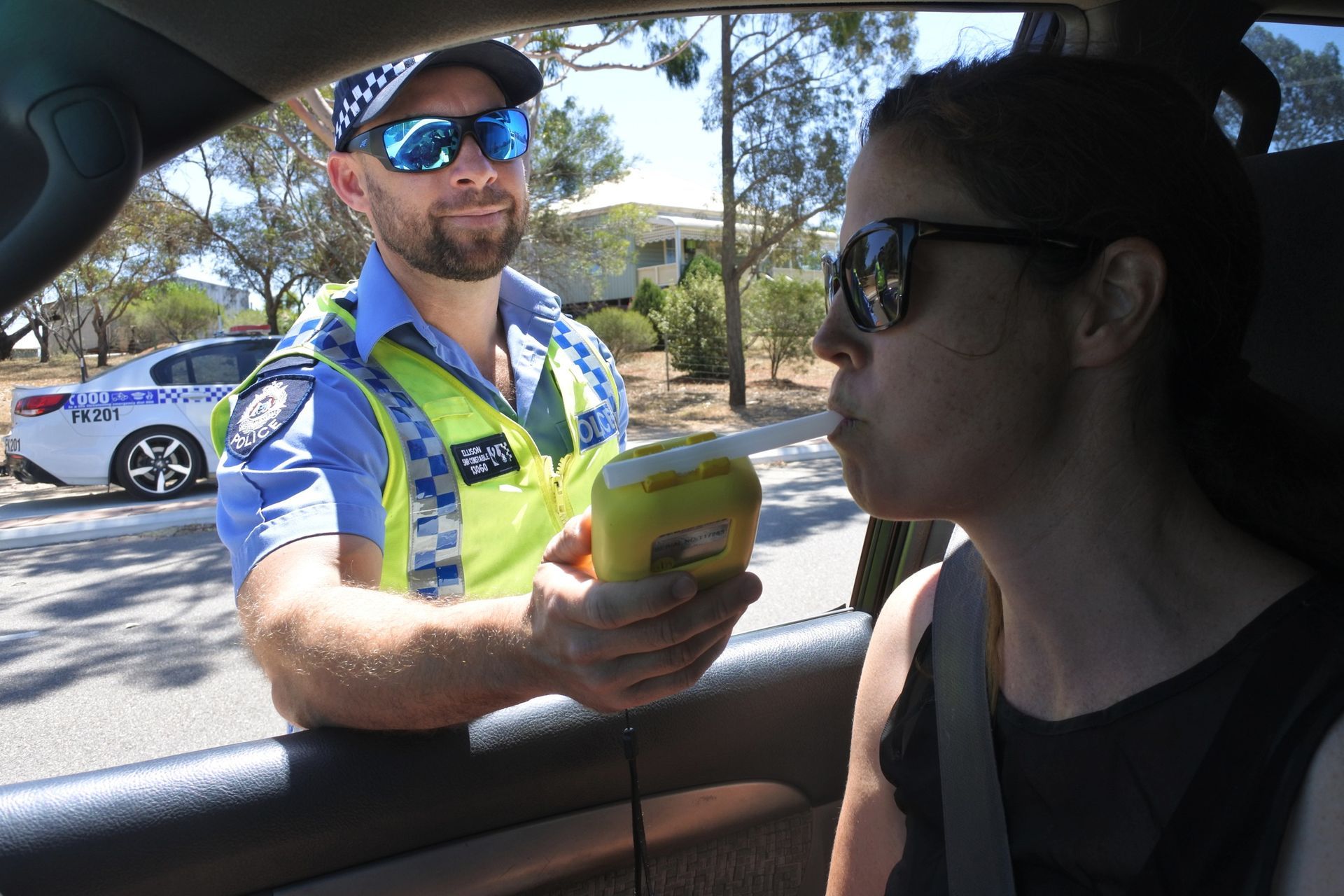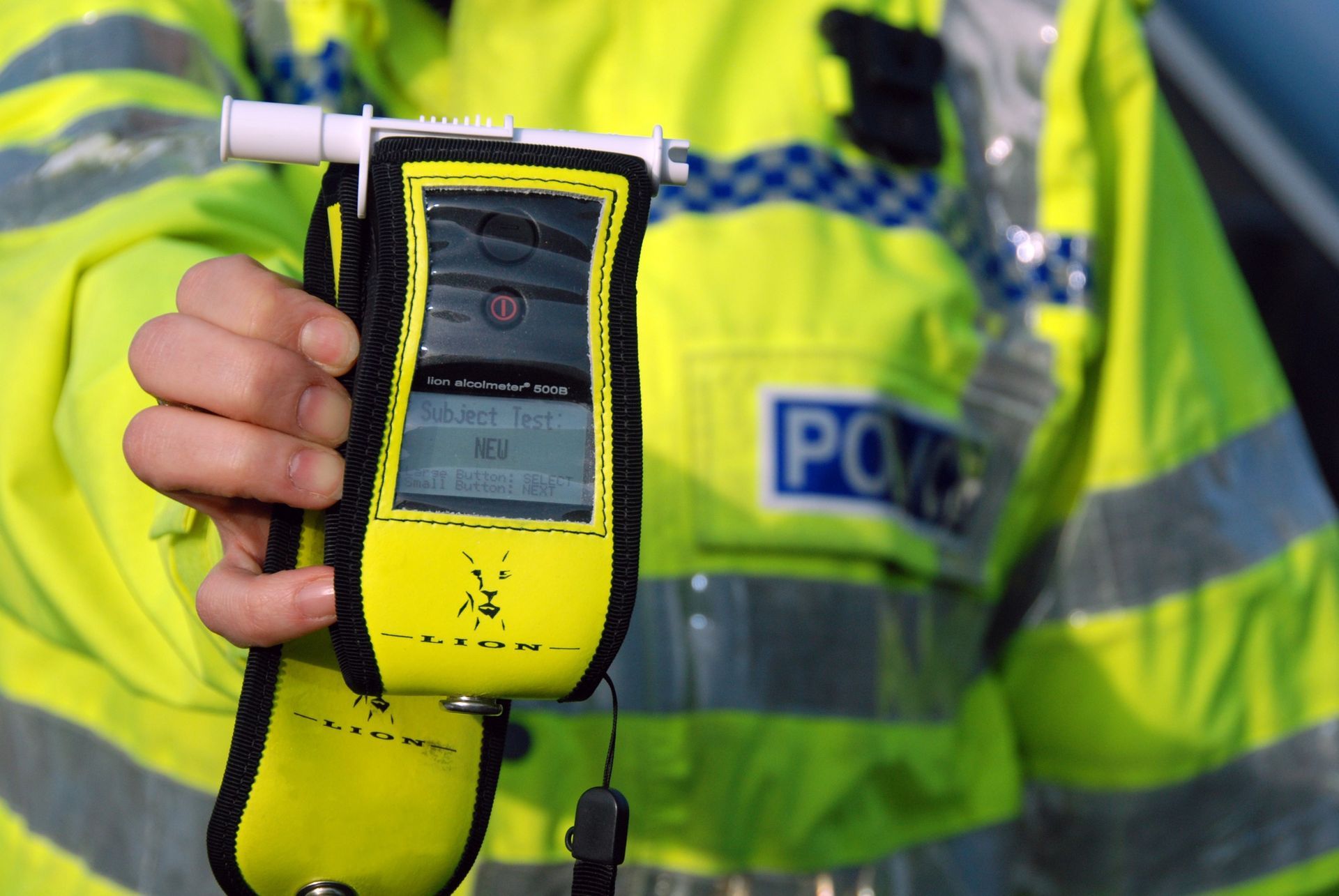Expertise
Criminal Penalties
SPEAK WITH A CRIMINAL LAWYER
Criminal Law Specialists
Experts in all criminal matters including affray, theft, fraud, assault, murder, traffic offences, drink driving, drug offences, and much more.
24/7 Criminal Law Advice
We are available across Sydney and the Illawarra region 24 hours a day, 7 days a week to advise you on your case —
and our first consultation is free!
Top-Tier Team
Our criminal law team is guided by a former police officer and senior police prosecutor with unrivalled knowledge of court procedures.
Extensive Experience
With many years of experience in courtrooms, we run a majority of our summary matters without the costly alternative of briefing barristers.
Here To Help
Have you been charged with a criminal offence and are considering applying for bail? Before you do anything else, make sure to contact the criminal law team at Kells for sound legal advice on your case.
How Can Our Criminal Lawyers Help?
The penalties for being charged with a criminal offence range from modest fines to incarceration depending on the type, repetition and severity of the offence.
Kells’ lawyers will assess your case and explain to you in simple terms what penalties you may be facing. We can then provide timely advice to address the consequences of these penalties, ensuring you receive the very best outcome.
There are two sides to every story. When you need someone to hear your side, and take it, choose Kells.
Frequently Asked Questions
-
What fines do courts give?
A fine is a monetary penalty. Fines can be imposed if it is specified as a penalty for the offence. Generally, an offence will note how many penalty units the fine is to consist of – one penalty unit is equal to $110. Fines can be imposed as the only punishment or in addition to another penalty. Unless the statutory provision sets a mandatory amount for a fine, the judge has the discretion to specify the amount of the fine. The court will consider the means of an offender to pay the fine when determining what amount should be payable.
-
What penalties does a court give?
When the accused’s guilt has been found the court has the option of imposing a wide range of penalties depending on the jurisdiction. The penalty an offender is to receive is at the discretion of the presiding Judge/Magistrate and will be determined with regard to the seriousness of the offence and their personal circumstances.
It is important to have a lawyer who knows what issues and factors the courts will take into consideration when exploring sentencing options. This is not just a case of providing a good reference, it is knowledge of precedent decisions and sentencing statistics whilst also having regard to current social issues.
-
Why does the court impose penalties?
The most obvious reason is that penalties serve as a form of punishment for the offender. However, there are a number of other reasons for the imposition of penalties. Some of these reasons are to punish the offender, prevent crime by deterring the offender and other people from committing the same or similar offences, protection of the community from the offender, to promote the rehabilitation of the offender, make the offender accountable for their actions, denounce the conduct of the offender or to recognise the harm done to the victim and the community.
-
Sentencing Reform
In September 2018, reforms were introduced to strengthen community-based sentencing. The rationale behind the changes was to reduce re-offending by holding offenders accountable for their actions.
The courts are provided with more information, through reports and submissions, at the time of sentencing which enables them to tailor the sentence to impose conditions (and supervision) as is necessary. Supervision of offenders at risk of returning to crime has been found to reduce re-offending by addressing the causes of anti-social behaviour. Suspended sentences have been abolished and there is an automatic presumption (unless there is a good reason not to) that domestic violence offenders will receive a community-based sentence or are imprisoned.
-
Will I get a Conditional Release Order (CRO)? (old Section 10 Dismissal)
A CRO allows the court to dismiss the charges of the offender without recording a conviction. This is possible where there has been a plea of guilty entered or a finding by the court of guilt.
A CRO provides a safety net, it ensures that in certain circumstances, even though an offender has breached the law, they are not punished where there are extenuating circumstances or the offence was trivial and punishment is not appropriate.
The court will have regard to some of the following circumstances when considering whether a CRO is appropriate – whether it is the offender’s first offence, whether the offence was trivial in nature and the risk the offender poses to the community.
A benefit to the courts is that they can also impose conditions such as drug and alcohol abstention, programmes, non-association requirements and place restrictions.
CRO’s can be imposed for a period of up to two years.
The courts can also impose a conviction under a CRO and if an offender commits any further offences whilst subject to a CRO, the subsequent matter can be recalled and the penalties may be more severe.
-
What is a Community Corrections Order (CCO)?
Community Correction Orders are available to punish offenders for crimes that do not warrant imprisonment or an ICO, but are too serious to be dealt with by a fine or lower level penalty. Examples when a CCO are more commonly used include property damage, mid-to-high range drink driving, drug possession, theft, and common assault. Conditions open to the court to impose on offenders include supervision, community service, and curfews.
The conditions chosen usually reflect the nature of the offence and the needs of the offender to avoid reoffending. This Order may be imposed for a maximum period of 3 years.
Under supervision conditions, offenders are assigned a Community Corrections Officer whom they must report to on a predetermined basis for assessments targeting questions such as “what lead this person to commit this offence?”. Once assessed, offenders are identified as low, medium, or high-risk offenders.
This sentencing option enables accuracy in the distribution of resources and ensures those who need more preventative support are provided it. Supervising Officers also laisse with close family members of high-risk offenders to ensure the offender is behaving appropriately when not supervised. Offenders are reassessed periodically to track the level of risk they present to the safety of themselves and the community. This reassessment aims to catch early signs of increase in risk and commence intervention programs. Consequently, mandatory supervision conditions promote the Law Reform Commission’s focus on the importance of rehabilitation and reintroduction of offenders into the community.
-
What is an Intensive Correctional Order (ICO)? Is it gaol?
An ICO is considered a form of imprisonment but it does not involve immediate imprisonment, it is a custodial sentence of up to two years that the court decides can be served in the community.
An ICO is served under the supervision of Corrective Services NSW. There are mandatory conditions that all ICOs put in place, these include:
- The offender is to be of good behaviour and not commit any offence
- The offender is to reside only at a place approved by a supervisor
- The offender is to submit drug and alcohol testing
- The offender must undertake at least 32 hours of community service work per month, as directed by the supervisor
- The offender is to engage in activities to address the factors associated with their offending as identified in the assessment
- The offender is to submit to a medical examination by a specified medical practitioner in relation to the offender’s capacity to undertake community service work.
The court can also impose any other conditions they deem to be necessary.
Prior to imposing an ICO, the court must be satisfied that, having considered the alternative penalties available, that nothing other than a sentence of imprisonment would be suitable for the offender and that the sentence to be imposed is likely to be for no more than 2 years. There are some circumstances where an ICO will not be available as a form of punishment and prior to being sentenced to an ICO the offender must undergo a suitability assessment. Where an offender breaches their ICO, this will be dealt with by Corrective Services rather than the courts. The Commissioner of Corrective Services can impose a formal warning, sanctions in the form of more stringent conditions of the ICO or refer the matter to the Parole Authority. The Parole Authority can even revoke the ICO, leaving the offender to serve the rest of their sentence in gaol.
-
Can I go to gaol?
Imprisonment is a last resort and an offender will only be sentenced to a gaol term where the court has no other options available to it. Even after release, it can impact your ability to work, to hold a driver’s licence or firearms licence. It can prevent you from travelling and can even have a dramatic impact on family law proceedings.
OUR TEAM
Our Expert Lawyers
Get Expert Criminal Law Advice
If you would like to discuss your case with our criminal team, please get in touch. We are available 24/7 to help you and offer a free initial consultation.
Related Articles
Request a Callback
Need help with a legal issue? Send us your details and one of our team members will be in touch
Quicklinks
Expertise
Read Our Latest Insights
Our Locations
© 2022 Kells Your Lawyers | ABN: 67 503 870 940
Liability limited by a scheme approved under Professional Standards Legislation













